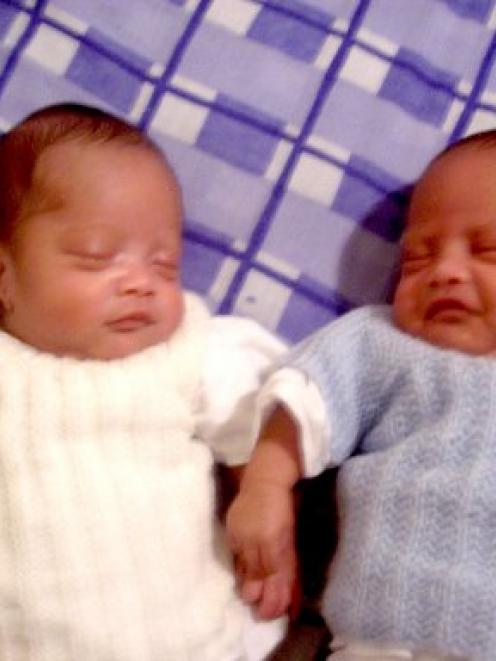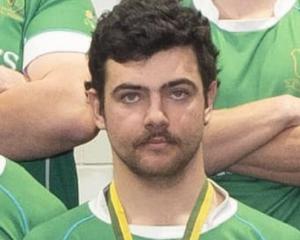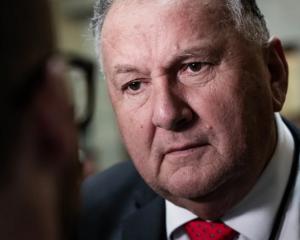
But Chief Coroner Judge Neil MacLean hopes the raft of legal reforms unveiled today to tackle child cruelty has the teeth to prevent more needless deaths.
"It's another of those topics like suicide where it's all very hard and very difficult, but that's not an excuse to do nothing,'' he said.
In July, Wellington Coroner Garry Evans called for mandatory reporting of suspected child abuse by frontline health workers and teachers following his investigation into the deaths of 3-month-old twins Chris and Kru Kahui.
The babies died in Starship Children's Hospital from traumatic brain injuries in 2006. Coroner Evans ruled the injuries were suffered while in the ``sole custody and care'' of their father Chris Kahui, who was acquitted of their murders in 2008.
In his decision, Coroner Evans said mandatory reporting would overcome "ethical and legal dilemmas'' faced by frontline staff who suspected child abuse by replacing their "discretionary power'' with a statutory duty to report concerns.
"It is little wonder that providers err on the side of caution unless required to disclose by statute,'' his decision said. "If we expect their assistance, then clear requirements are needed, rather than a maze of discretion.''
Speaking today, Judge MacLean said the omission of any mandatory reporting requirement was the first thing he noticed in the white paper.
"I had an advanced look at it yesterday and immediately picked up that they've dropped out mandatory reporting, and thought, 'Well, that's interesting'.''
The white paper, which includes setting up a database to identify the country's most vulnerable children and families, which health professionals, social workers and teachers can access, was a "good start", Judge MacLean said.
"From our perspective, yeah sure, it hasn't picked up on a very strong recommendation that Garry made in the Kahui [case] - and I think others have made as well - but we don't hold all the wisdom in this area.
"Hundreds if not thousands of submissions have been put in. I'll watch and the coroners will watch it with interest to see how it pans out.
"My understanding is they're saying, 'We don't think it's necessary yet but we'll keep an eye on it and if it's not working then we'll revisit it'.''
Judge MacLean has spoken out in recent months about some coroners' recommendations being ignored, most recently relating to the sale of butane linked to numerous 'huffing' deaths.
Asked about the mandatory reporting being passed over, he said: "One part of me says '[Coroner Evans] put all that work into it. He made those recommendations'. The good thing is the Government's had an in-depth look at it and obviously taken that into account, weighed it all up and doesn't accept it. Well that's just an option that available.
"All we do is recommend and say, 'We've given it our best shot - this is what we think'.''
Social Development Minister Paula Bennett said although she had previously supported mandatory reporting, she had decided against it partly because there was already a high level of reporting of suspected child abuse.
Instead, government agencies will have to set up a code of practice and all front line workers in the public sector - such as doctors and teachers - will be trained in spotting signs of abuse by 2015.
Every Child Counts manager Deborah Morris-Travers said a code of practice and extra training was a better option as mandatory reporting could overload an already stressed child protection agency.
"Also, mandatory reporting can deliver unintended consequences like families not taking their children to doctors for fear of being reported.''
Elaine Dyer of Violence Free Waitakere said mandatory was a step too far but training was needed.
Ms Dyer - who trains teachers to recognise abuse and neglect - said many teachers suspected it was happening but were often under-confident and worried about what it would mean for them personally and the school's reputation.
"Some of the signs are quite subtle and often teachers are the ones who have the real insight into changes and the behaviour of children.''
She said signs included neediness in a child, changes in behaviour and factors such as changing schools frequently. Introducing more formal training would encourage teachers to accept the responsibility as an early warner.
- Lane Nichols of APNZ












